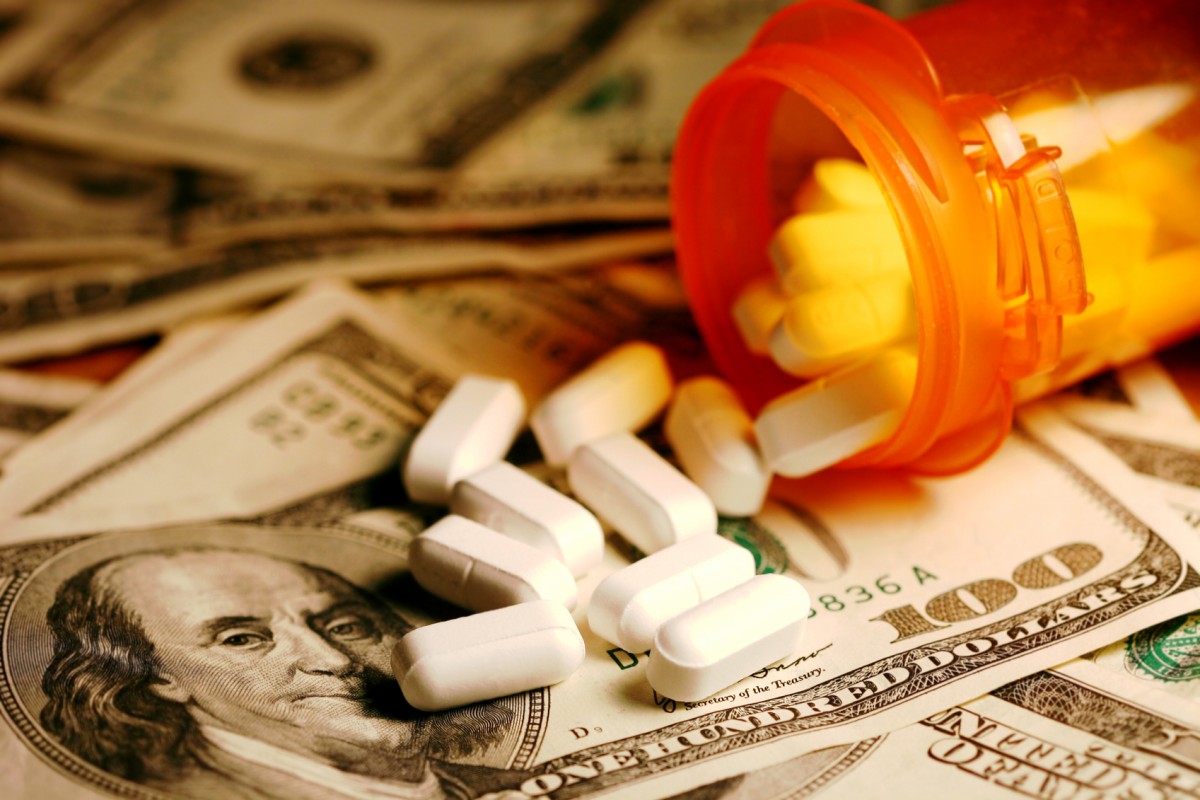Last weekend, my husband and I visited our local pharmacy to pick up a prescription refill. The pharmacist chatted with us cheerfully as she rang us up at the cash register. Suddenly, her typing stopped. “Wow,” she finally said. “This is expensive.” The small pill bottle sat in her palm as she read off the computer screen. “One month’s worth is $270.”
In that moment, I found myself considering the consequences of my husband not taking his medicine for the next month. The soon-to-be doctor part of myself sighed. This was what noncompliance looked like in the real world.
Thankfully, my husband doesn’t rely on this particular medicine to keep a fatal disease at bay or to extend his life. However, for many, the financial debate isn’t as simple. Several drugs’ prices have skyrocketed in the recent months. Most recently, the increasing price of Mylan’s EpiPen has been highlighted by the media with subsequent public outrage.
Mylan holds a near-monopoly on the EpiPen, a medical injection device that administers a lifesaving dose of epinephrine to patients in anaphylactic shock, a deadly allergic reaction that can occur in response to items like peanuts, shellfish and bee stings. According to pharmaceutical industry data, when Mylan acquired the drug in 2007, a set of two EpiPens cost less than $100 for patients. However, since then, the price has skyrocketed. Last year alone, there was a $200 price increase that placed a set of two EpiPens at over $600, far above the price bump needed to compensate for inflation.
Before the spotlight was directed at Mylan’s EpiPen, some other notable drugs saw jaw-dropping price hikes. These include Daraprim, a medication by Turing that prevents toxoplasmosis (a type of parasite) infections in immunocompromised AIDS patients; Wellbutrin, a decades-old antidepressant marketed by Valeant; and Harvoni, a drug that was developed by Gilead Sciences and boasts an ability to cure hepatitis C.
Drug price increases appear to be one of the tactics that pharmaceutical companies are relying on more and more to increase revenue. In particular, specialty medications — which treat less common yet still serious chronic diseases, such as multiple sclerosis or cancer — are huge cash cows in the pharmaceutical world and often have very little competition. There are currently no laws that govern pharmaceutical monopolies on certain drugs. Thus, large pharmaceutical companies have the ability to set their own price for specialty medications without pushback from the government.
On the prescriber’s side, physicians are overwhelmingly naïve to the true cost of medication prices. It is not something taught or emphasized in medical school or residency. As a fourth-year medical student, my knowledge of drug prices and Maryland health insurance plans are limited to my own studying through internet searches.
Our nation is paying huge costs for drugs, more than any other country, and it’s creating enormous health barriers. Change needs to come from the top down, starting with the FDA and new laws that support a competitive market and generic drug approval, so that affordable drug pricing can prevail.
Related Content
- Pulse: Monitoring Change in Health Care with Dean/CEO Paul B. Rothman, M.D. Listen to the Johns Hopkins leadership discuss the prescription drug crisis, the rising costs of healthcare and more.
- Politicization of Health Care Preventing Real Changes to Out-Of-Control System, Researchers Suggest
- Why People with Diabetes Can't Buy Generic Insulin
Drug companies’ incremental changes keep drugs patented, costly, Johns Hopkins study shows

Drug prices are out of control. Even drugs available in the 80's like Nipride, are increasing at unrealistic rates. When Medicare drug plans were before Congress, the drug companies lobbied hard to prevent Medicare from negotiating drug prices. MAB, the largest insurance provider in this country, should negotiate drug cost as do commercial insurance. This would bring down the cost of medication across the board. It is laughable that drug companies blame the cost of R&D and a "broken health care system" for medical costs. It is greed and an unregulated environment that prevent people from getting appropriate treatment.
Comments are closed.